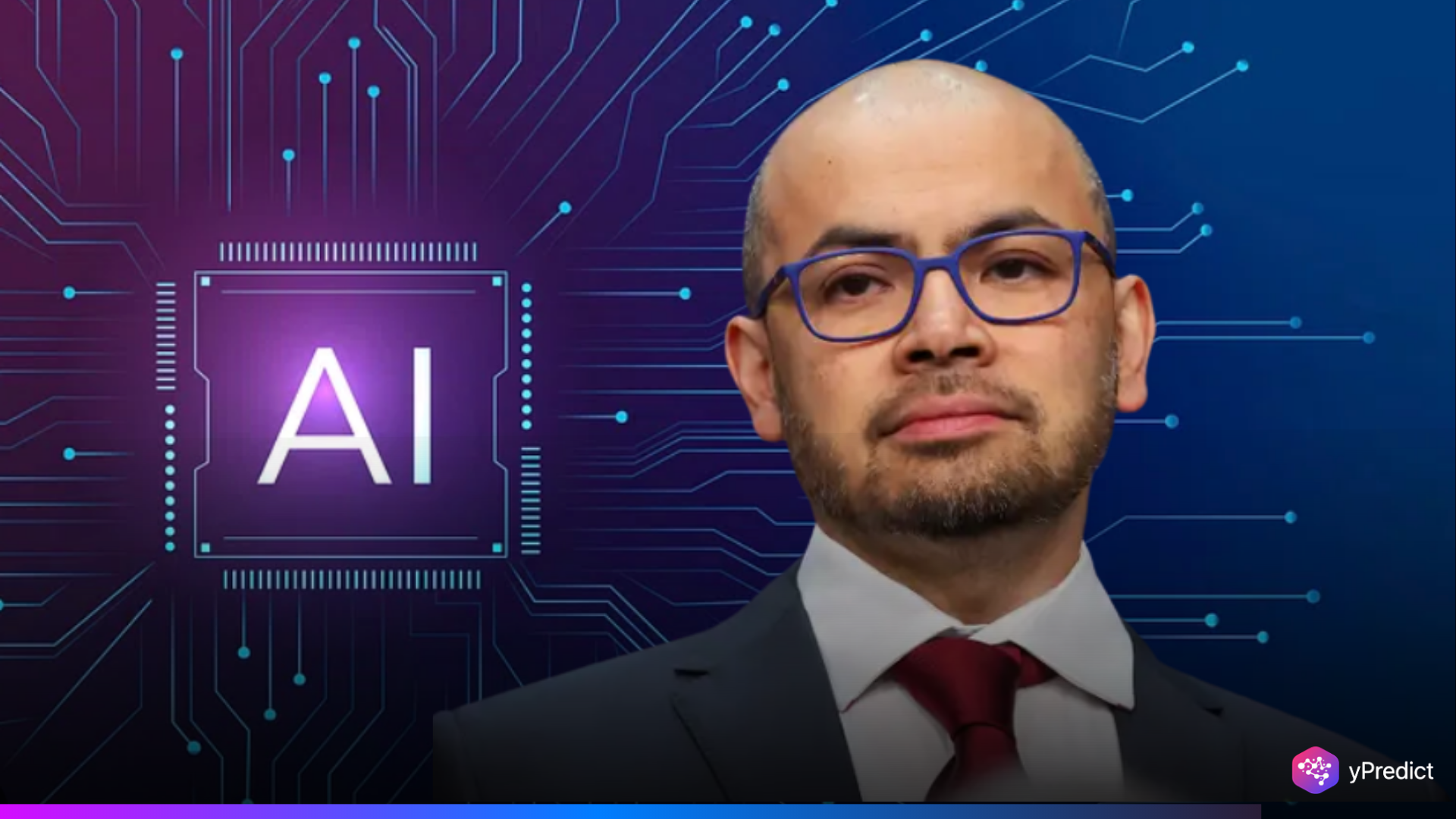
Demis Hassabis, CEO of Google DeepMind and a 2024 Nobel Prize-winning AI scientist, has boldly predicted the future of artificial general intelligence. In a recent interview, Hassabis stated that artificial intelligence (AI) systems with cognitive capacities comparable to humans might be developed within the next five to ten years.
The CEO emphasized that current AI lacks imagination, consciousness, and the ability to create original opinions. He also predicted a breakthrough in humanoid robots and explained how neuroscience research could benefit from intelligent AI tools.
The Imminent Shift Toward Human-Like Intelligence
According to Hassabis, artificial general intelligence is rapidly approaching due to exponential advancements in machine learning and deep learning. Despite this progress, today’s AI systems are still limited in originality. “They reflect the average of all human knowledge they were trained on,” he explained. This limitation prevents them from asking different questions or offering new projections.
He further emphasized that AI systems are not self-aware. “My advice is to build intelligent tools first and use them to aid neuroscience research before diving into concepts like self-awareness,” said Hassabis. As of now, he believes that AGI is close. Current systems are complex pattern recognizers rather than truly sentient machines.
Will Humanoid Robots Soon Join the Workforce?
Breakthroughs in Humanoid Robots
Hassabis pointed out that the robotics industry is on the brink of major transformation. He predicted that within a few years, we’ll see humanoid robots performing genuinely useful tasks. These machines will be able to navigate and understand the world more like humans do. He represents a leap forward in how we interact with AI in physical spaces.
Drug Discovery and Health Transformation
Another game-changing area is healthcare. Hassabis explained that AI could drastically reduce the time and cost of drug development. “Designing a single drug usually takes ten years and billions of dollars,” he said. “AI tools may reduce this timeline to months or even weeks.” He highlighted that this evolution would also significantly boost neuroscience research. In the upcoming ten years, it may result in the reduction or end of numerous diseases.
AlphaFold and Nobel Recognition
Hassabis developed AlphaFold, a revolutionary model that predicts protein structures. This groundbreaking contribution earned both researchers the Nobel Prize in Chemistry in 2024. AlphaFold serves as an example of how artificial general intelligence can result in transformative discoveries when customized for particular fields.
Understanding and Protecting the Future of AI
Understanding the inner workings of AI is still a significant challenge as the field develops, Hassabis emphasized. He described AI systems as black boxes with unpredictable learning outcomes. “We build the architecture and feed in the data, but the way it learns remains partially mysterious,” he noted.
He compared the AI learning process to that of a child, highlighting the need for ethical frameworks. Hassabis, therefore, demanded that all AI systems incorporate safety protocols and value systems. “Like raising a child, we must guide AI with guardrails and ethics,” he added. This approach will be essential as we get closer to deploying artificial general intelligence in the real world.
Bottom Line: A Decade That Could Change Everything
The momentum toward artificial general intelligence is coming. Hassabis believes that we are riding an exponential curve of technological improvement, driven by increased interest, funding, and talent. From revolutionizing drug development to introducing capable humanoid robots, the next decade may fundamentally reshape human life. As long as ethical considerations and neuroscience research go hand-in-hand with development, the road ahead could lead to intelligence.






